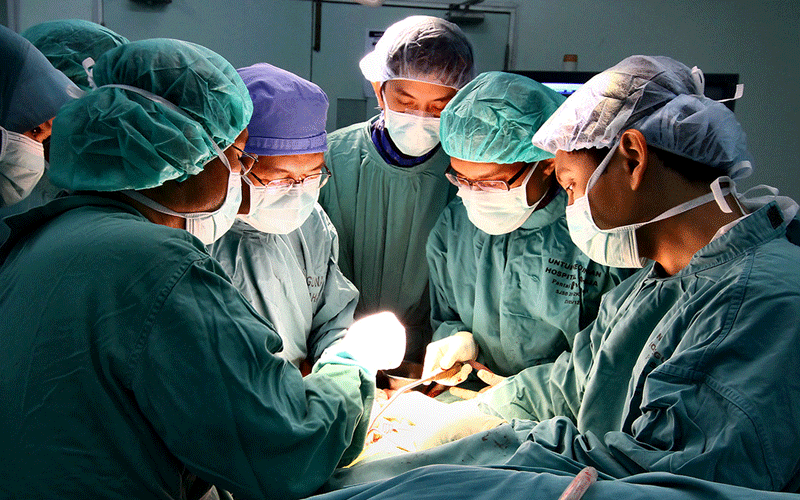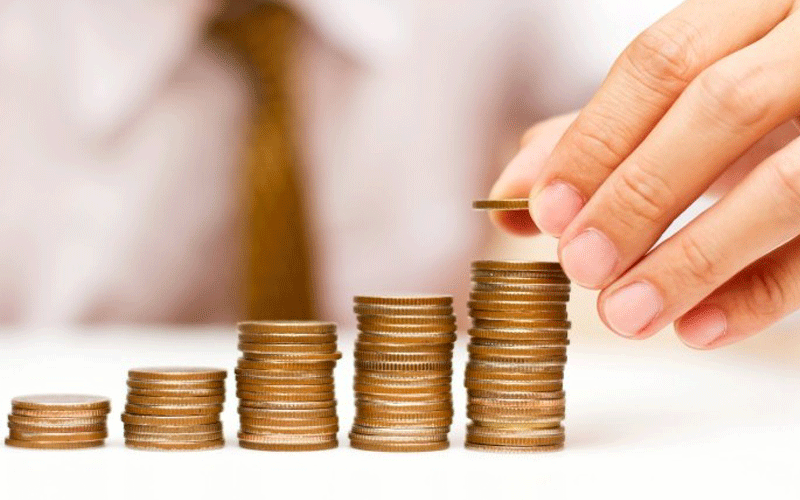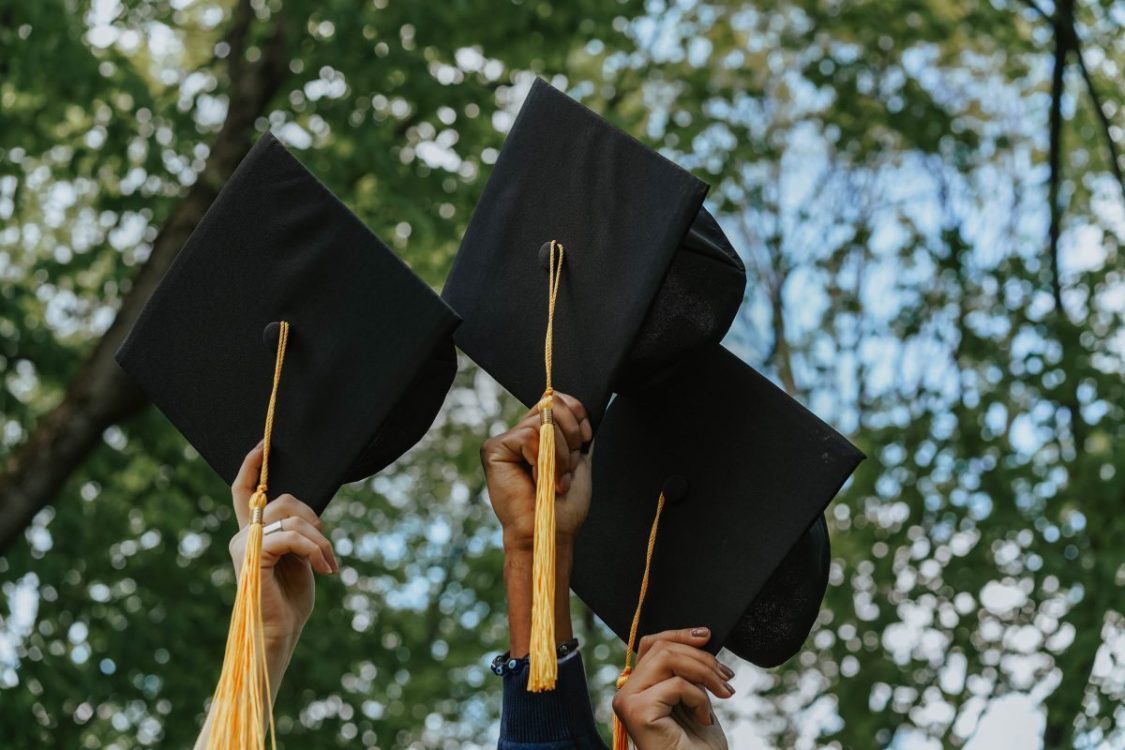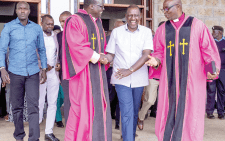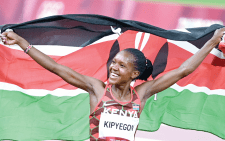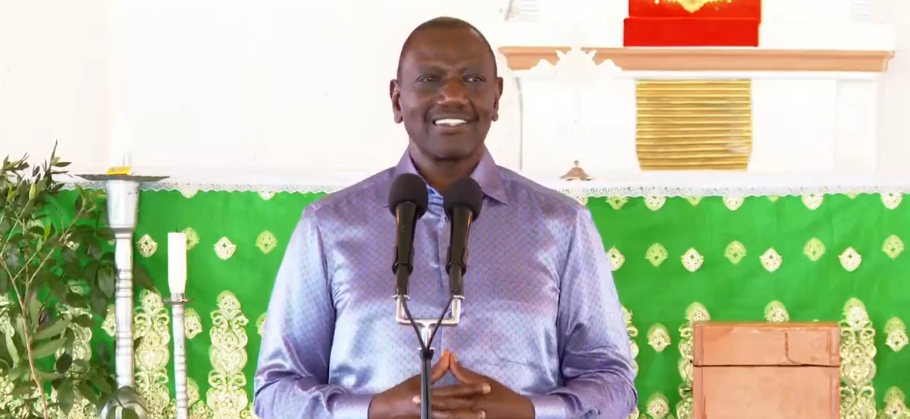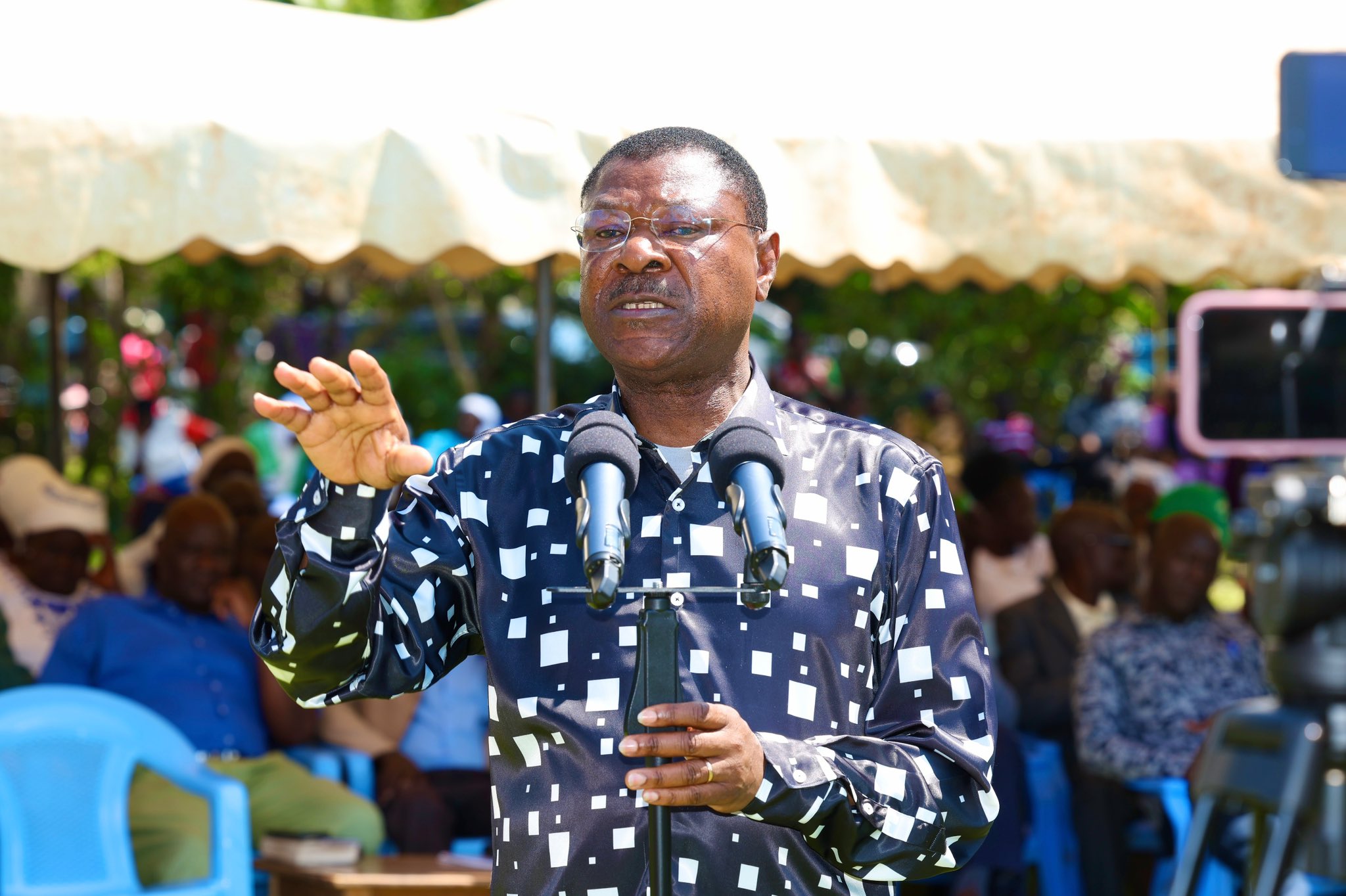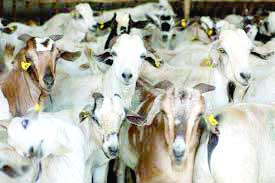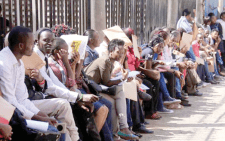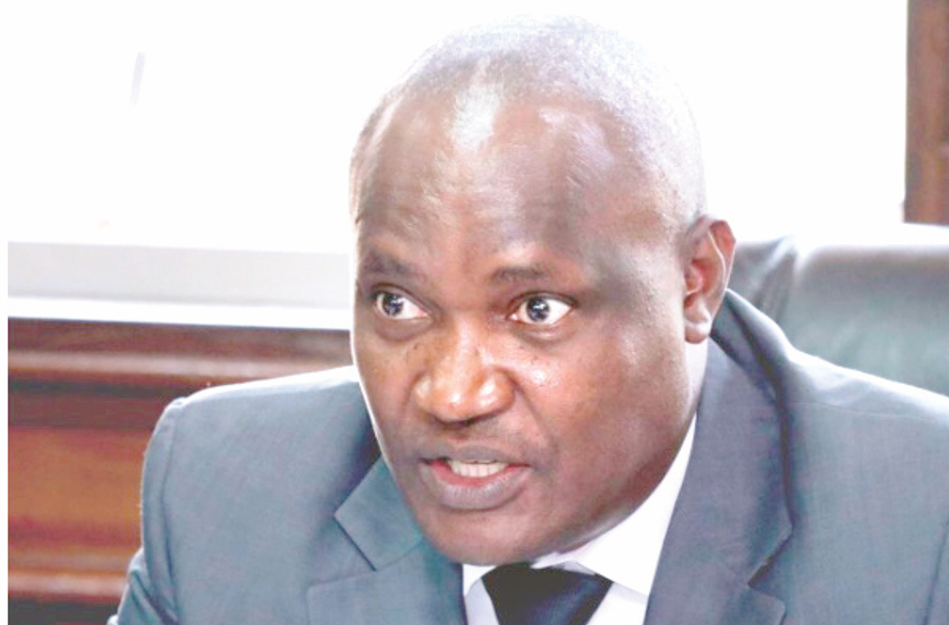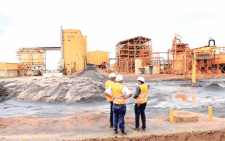Skies are open, but nobody wants to fly
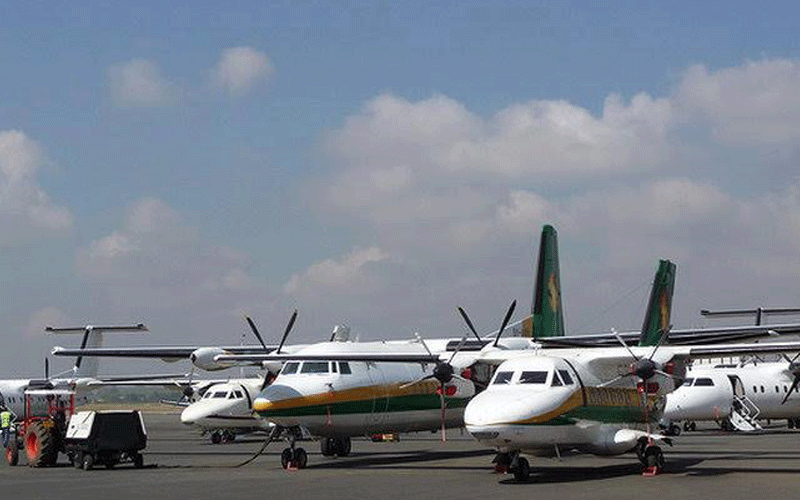
Uncertainities about high cost of operation, tough protocols, sustained demand and competition in a turbulent sector weigh heavy on airlines’ minds as they devise survival strategies post-lockdown.
Harriet James @harriet86jim
As passenger flight operations, both domestic, from July 6 and international, from August 1 resume after a four-month long suspension due to Covid-19 outbreak, top air operators in the country are decrying strict protocols, scanty passengers and high fuel prices brought by stringent taxation.
These, among other unresolved issues that have affected the airlines even before the pandemic struck, they say, continue to haunt them.
Paul Jones Wegoye founder of Aerocruise, which runs charter flights says airlines are charged levies, such as the Railway Development Fund, which does not concern them, thus high fuel prices.
This is also despite the fact that the Standard Gauge Railway (SGR) is their major competitor.
Further, while jet fuel is not taxed globally, in Kenya local airlines have been slapped with an eight per cent tax.
“While jet fuel (designed for turbine engines) seems to be stable, Avgas (designed for piston engines) is just skyrocketing to above Sh200 per litre.
It is absurd! Small charter operations are squeezed already. Premiums have all gone up with the dollar, meaning aircraft parts get to be expensive.
We don’t know how many people will be able to afford a ticket or charter,” laments Wegoye, adding that jet fuel is most airlines’ biggest cost.
He says high taxes have left arlines at crossroads wondering whether to load incurred cost onto tickets, which will render flying even more expensive.
In addition, operators pay two per cent tax on the price of the aircraft they import regardless of the fact that sometimes, they are leased for two to three years making Kenyan aviation costly.
The government also introduced taxes on aircraft spare parts, which globally are not taxed making the Kenyan aviation totally uncompetitive, compared to Uganda and Tanzania.
“The reintroduction of taxes and duties will have serious consequences on the aviation sector’s recovery efforts in an economy already ravaged by the coronavirus pandemic.
We expected to see a stimulus package, especially dedicated to the national aviation sector recovery, but it’s sad there wasn’t any,” says retired Col Eutycas K Waithaka, the executive secretary Kenya Association of Air Operators (KAAO).
The airline operators say Kenya’s big brother spirit has also worked against it being that while it doesn’t charge a flight permit to its neighbours, local airlines flying to the neighbouring destinations are slapped a fine that affects ticket costs.
“If a Kenyan operator flies to Tanzania, they are slapped with a Sh50,000 permit fee per flight if they fly say to Serengeti, but Tanzanian operators flying from there to Kenya are not charged this fee.
This spirit is not reciprocal, making them win over most of our clients,” explains Avedi.
Sadly, apart from the three months moratorium to offer a waiver on parking fees and rent on premises by the Kenya Airport Authority, not much has been done by the government to bail them out.
Through the KAAO, the airlines have written to the government requesting for some concessions during this period.
“Though nothing has come through yet, we hope that we will be given some relief, such as tax waivers,” says Avedi.
Fee waivers
Col Waithaka proposes financial availability on fair terms for both domestic and offshore institutions.
They also recommend the reduction of navigation fees, park fees, landing fees, Air Operator Certificate operation fees and licenses.
“There should be an economic stimulus for the aviation sector and a waiver or reduction of regulatory charges and deferment of existing loans, leases without penalties and increased interests,” he proposes.
They also wants the removal of VAT on all aviation products and aviation training materials and a rethinking of fuel pricing as well as removal of bureaucracy.
“I believe we can do better in terms of efficiency, which this period has proved. My wish is to see Civil Aviation Authority (CAA) and Kenya Airports Authority (KAA) going fully digital.
Critical departments need to adopt the digital world,” notes Wegoye.
Now that we have a single East African visa, Avedi recommends that governments in the region should regard East Africa as a domestic market to minimise overreliance on the international market.
“For instance, a trip to Kilimanjaro International Airport in Tanzania from Wilson Airport is regarded as an international flight and we are charged government taxes of around Sh9,000 ($90), while flying there is just 40 minutes.
This is the same amount of time as flying to Kisumu where the taxes are just Sh600.
We could actually offer the ticket at Sh9,000 to Kilimanjaro, but the taxes make it impossible to charge such a fare,” he says.
Consumer confidence
These challenges topped with reluctance of passengers to travel as recently surveyed by the International Air Transport Association (IATA) only adds to the airlines’ turmoil.
The report shows that travellers are taking precautions to protect themselves from Covid-19 with 58 per cent saying that they are avoiding air travel, and a further 33 per cent suggesting they will avoid travel in future.
IATA CEO and director general Alexandre de Juniac said the path towards full recovery faces serious hurdles because consumer confidence is depressed and not helped by the slow virus containment in the United States (US) and other developed nations, which account for the largest share of air traffic.
“All of this point to a longer recovery period and more pain for the industry and the global economy,” he said during the report launch, adding,
“Domestic traffic, improvements notwithstanding and international traffic, which in normal circumstances accounts for close to two-thirds of global air travel, remains virtually non-existent.
Most countries are still closed to international arrivals or have imposed quarantines, that have the same effect as an outright lockdown.”
He says passengers returned to a new airport environment with all of them wearing face masks, overseeing social distance and carrying a certificate showing they had tested negative for Covid–19 before travel.
“For airlines, this is bad news that points to the need for governments to continue with relief measures— financial and otherwise,” said the IATA chief executive.
The association urges governments to implement a layer of measures including the International Civil Aviation Organisation’s global guidelines for restoring air connectivity.
“Another factor that hampers recovery is that corporate travel budgets are constrained as companies continue to be under financial pressure even as the economy improves,” says travel consultant, Kimeu Mutua.
“While pent-up demand exists for visiting friends and relatives and leisure travel, consumer confidence is weak in the face of concerns over job security and rising unemployment,” he adds.
Diana Nyambura accounting manager at Skyward Express airline says they have a lot of debts that have accrued based on staying grounded for a long time.
“We had to cut down staff by 30 per cent and now, one staff is required to perform multiple tasks,” she says.
Still hopefull
But even in the middle of the turbulence, the airlines are optimistic that their fortunes will change with the resumption of international flights as most of them depend on the international tourist market to survive.
“Now that the borders are open, we hope that our fortunes will change since a greater percentage of international tourists will desire to visit the various parks such as the Masai Mara, Amboseli, Tsavo, Samburu, Lewa Downs and so forth,” says Alex Avedi, CEO Safarilink airline.
He assures travellers that they are putting necessary measures to ensure the safety of their clients.
“The thing about aircrafts is that they have advanced air filtration (HEPA filters) that takes care of viruses and bacteria.
We have had to do a lot of communication on our website to show how we are disinfecting surfaces and so on to make the planes safe.
But I can assure you, if there is one industry, which is heavily regulated, it’s aviation,” he notes.
Nyambura says Skyward Express has plans to introduce various technological changes, which will increase efficiency and minimise production cost, time and waste.
“We are thinking of diversifying our product and not just selling seats. How else can we remain competitive and also raise cash to meet our costs?” she offers. Additional repoting by Wahinya Henry

